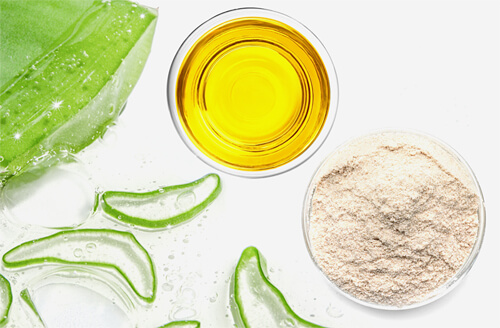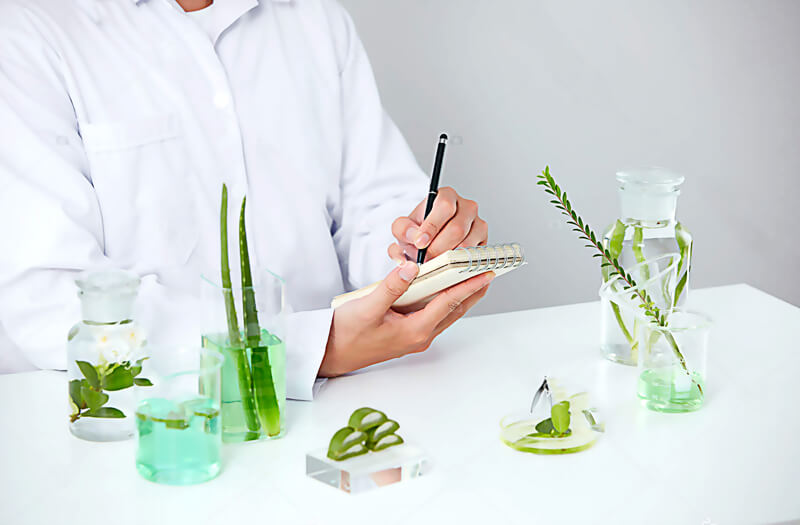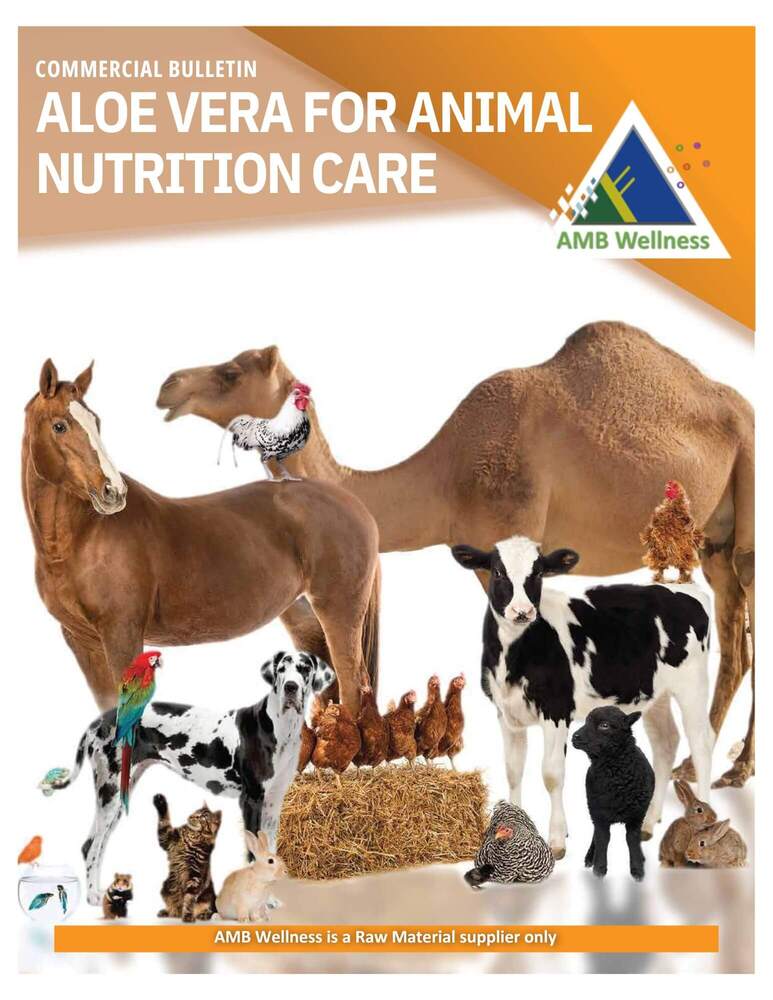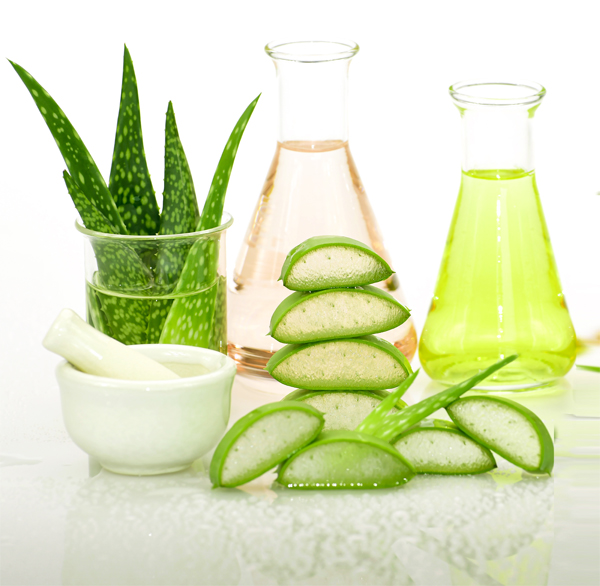Authors J. Jhalegar, R.R. Sharma, D. Singh,
Kinnow is an important citrus crop grown in India, which suffers from several postharvest diseases during storage. Hence, an attempt was made to combat such diseases with the botanicals Aloe vera, Eucalyptus and Ocimum on Kinnow mandarin to prolong its availability for a longer time. Our results indicated that all botanicals inhibited the growth (colony diameter) of both pathogens over untreated PDA plates, but the inhibition was the strongest by Aloe vera extracts. Similarly, under in vivo conditions, all botanicals influenced the decay incidence, decay loss, lesion diameter, respiration rate, ethylene evolution and physiological loss in weight, but Aloe vera was the most effective. All the botanicals were able to retain postharvest quality of Kinnow fruits without any adverse effect on quality parameters such as TSS, TA and ascorbic acid. Under in vivo conditions, the incidence of Penicillium italicum was higher than P. digitatum; however, it was the reverse under in vitro conditions. it is evident from our studies that botanicals have the potential to control green and blue mold without causing any injury or harmful effects on Kinnow mandarin; botanicals can be recommended as a safe method for extending its storage life while maintaining fruit quality at the same time. India / Citrus / mandarins / fruits / postharvest control / biological control / respiration rate / keeping quality. Postharvest diseases account for about 50% losses in fruits stored in poor storage conditions, especially under high humidity. Citrus fruits are among the crops susceptible to postharvest diseases caused by fungi. The most important fungi causing postharvest diseases include: Penicillium spp., Aspergillus spp., Alternaria spp. and Rhizopus stolonifer. The control of plant diseases is still mainly dependent on the use of chemical fungicides. Synthetic fungicides such as thiabendazole, imazalil and sodium ortho-phenylphenate have been used traditionally to control the postharvest diseases, but their excessive use, complemented with high costs, residues in plants and development of resistance, has left a negative effect on human health and the environment. Further, withdrawal of some chemical pesticides, such as benomyl and captan, for control of postharvest diseases in the USA and ethylene dibromide for sterilization of Queensland fruit fly in Australia, is a clear signal that new technologies and new fungicides for control of plant diseases are needed. The United States of America Environmental Protection Agency has classified benomyl as a possible human carcinogen, which can also act as a chronic and reproductive toxicant. However, worldwide organically grown fruit, which has not been treated with fungicide, is becoming popular among consumers. Under these circumstances, an alternative method of disease control for Kinnow mandarin without the use of synthetic chemicals is urgently needed. Some environmentally friendly plant extracts have been shown to have great potential as an alternative to synthetic fungicides. Recently, the antimicrobial activity of some higher plant products that are biodegradable and safe to human health has attracted the attention of microbiologists in the control of plant disease, but the actual use of these products for the control of postharvest pathogens of fruits generally, and for citrus pathogens is, however, still limited. Among the safer alternatives to synthetics, use of plant products has attracted researchers for the management of diseases of several fruits. The major purpose of our research was to extend the marketable period of Kinnow mandarin through approaches such as using botanicals to control or inhibit the pathogens causing postharvest diseases in Kinnow mandarin, as the fruits are susceptible to postharvest diseases such as green mold and blue mold caused by P. digitatum and P. italicum, respectively, which reduce its availability for a longer time in the market.










